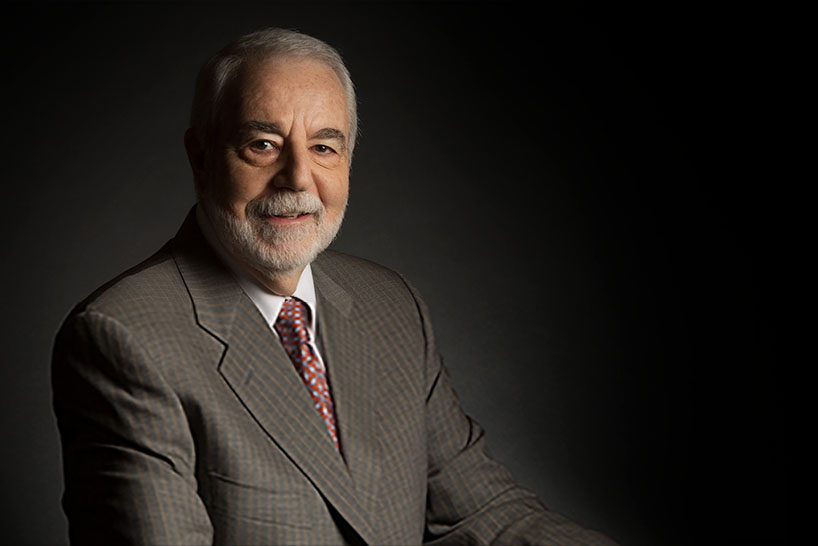Ending Your Power Of Attorney
You can revoke your power of attorney at any time and for any reason, as long as you are mentally able. Your revocation must be in writing and you must inform banks and other institutions that may have relied on your power of attorney before you revoked it. You should also make sure your agent gets written notice, such as an email, that you have revoked the agent’s authority.
Your power of attorney terminates when you die. At that point, the person you have named as your executor in your last will and testament assumes control of your assets and affairs. If you become incapacitated, the power of attorney continues unless you specify that it is not a durable power of attorney.
Your power of attorney also ends if your agent dies or becomes incapacitated unless you have named a successor agent. In addition, if your agent is your spouse, the power of attorney automatically ends if you get divorced. If you revoke your power of attorney for any reason, you should seriously consider executing a new one to reflect any changes in your life among those you trust most and make sure there is a plan in place if any misfortune occurs.
Legal Editor: David A. Caraway, March 2015 (updated August 2020)
Changes may occur in this area of law. The information provided is brought to you as a public service with the help and assistance of volunteer legal editors, and is intended to help you better understand the law in general. It is not intended to be legal advice regarding your particular problem or to substitute for the advice of a lawyer.
Our Lawyers

Dan B.
LRS Lawyer
Our lawyers are screened and approved – they have all gone through an application and interview process. Each lawyer we recommend has been screened for significant experience, knowledge of ethics codes and rules, and law office practices, including customer service skills and handling of fees and billing.
About Us
When you call us, you will be speaking with an attorney. One of our attorney referral counselors takes your call and talks with you about your legal question, or reviews your online referral request. There is no charge to speak with one of our attorney referral counselors -- we’re here to help.

